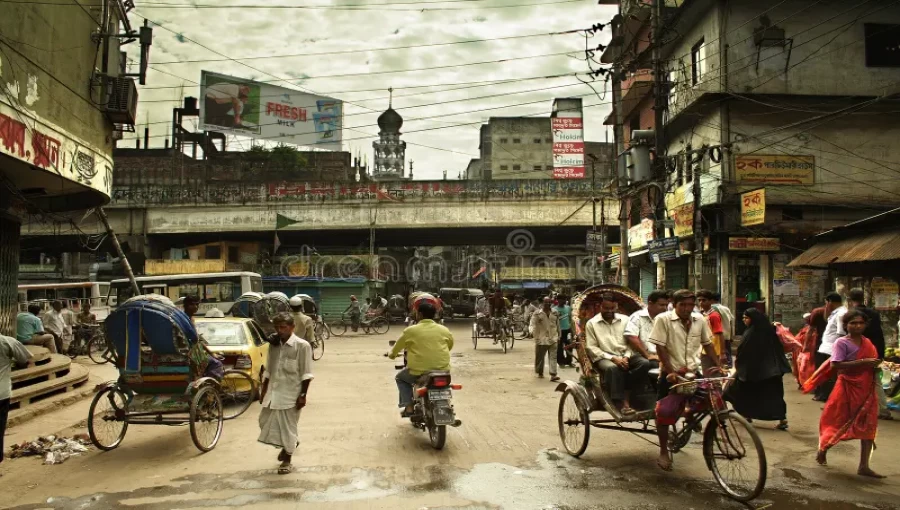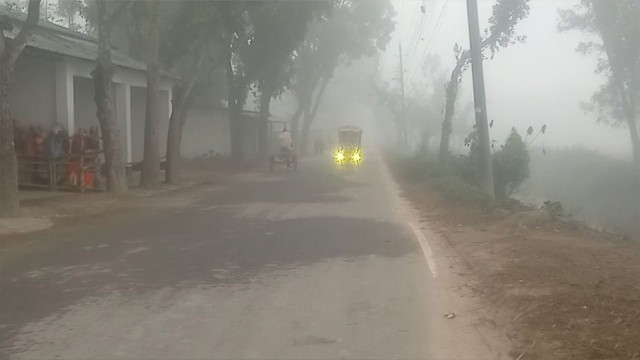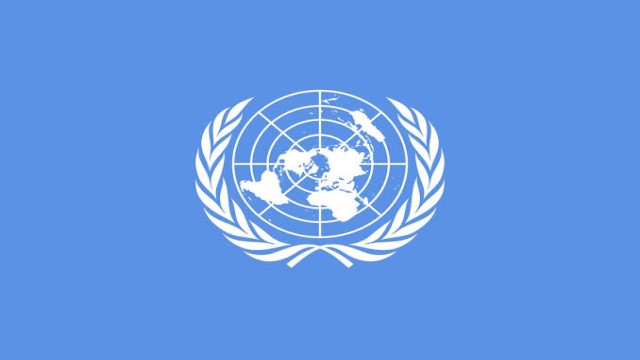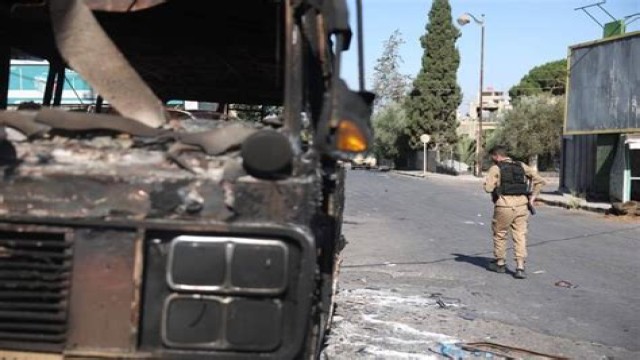It's concerning to note Dhaka's persistent struggle with air pollution, as evidenced by its ranking 13th globally today with an AQI score of 83, indicating 'moderate' air quality. This classification continues from yesterday, highlighting ongoing challenges despite recent improvements influenced by the monsoon season.
The AQI categorization informs that when AQI values range between 50 and 100, the air quality is deemed 'moderate', posing limited health risks to sensitive individuals who may need to curtail outdoor activities. However, as levels rise beyond 100, particularly into 'unhealthy' and higher categories, the risks escalate significantly.
In comparison to other cities globally, Dhaka faces substantial air quality concerns. Cities like Kinshasa, Manama, and Dubai lead the list with higher AQI scores, reflecting severe pollution levels that can have profound health implications for their populations.
Bangladesh's AQI calculation considers several pollutants, including particulate matter (PM10 and PM2.5), NO2, CO, SO2, and ozone, each contributing to the overall air quality assessment. Dhaka typically experiences worse air quality during winter, improving somewhat during the monsoon due to natural cleansing effects.
The World Health Organization underscores the global health crisis posed by air pollution, linking it to millions of deaths annually from various serious illnesses. These sobering statistics underscore the urgent need for continued efforts in pollution control and public health measures to protect residents of Dhaka and other affected cities worldwide.






























Comment: